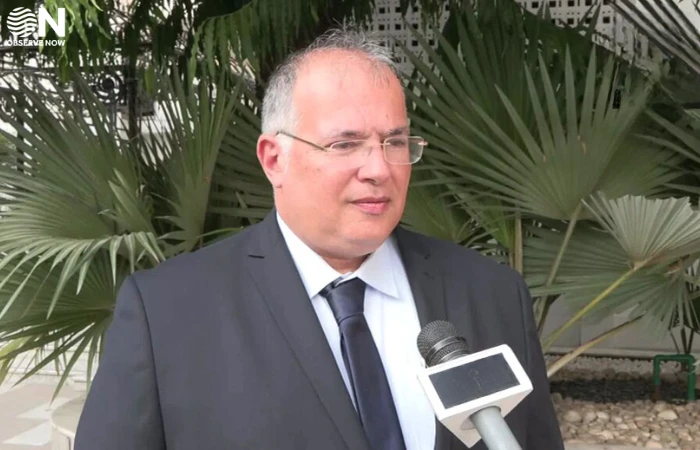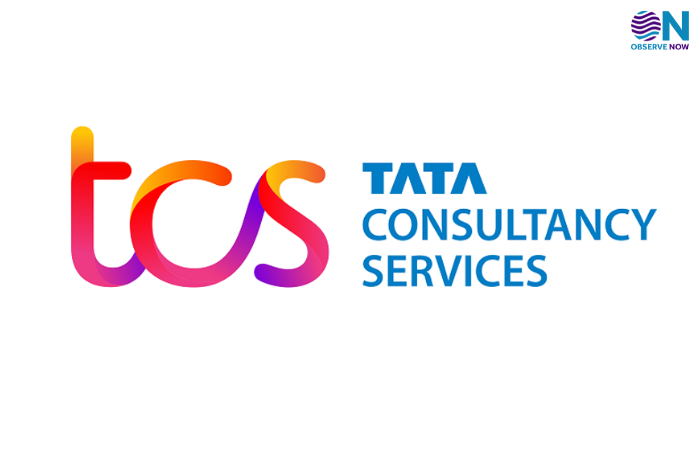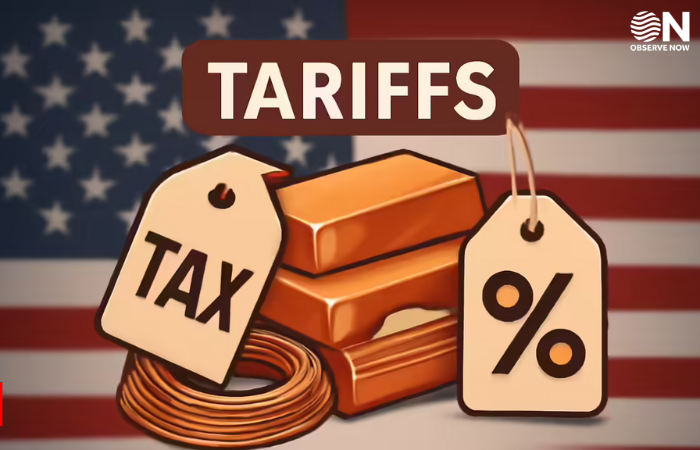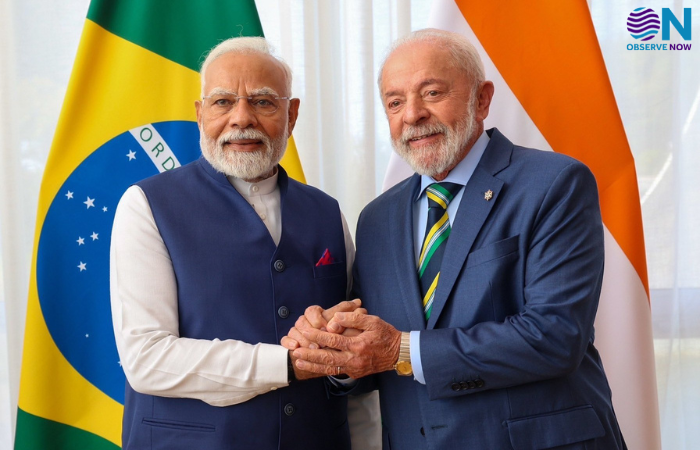India and Venezuela Strengthen Ties through Digital Infrastructure and AI Collaboration
India and Venezuela are exploring avenues of cooperation in Digital Public Infrastructure (DPI) and artificial intelligence (AI) to enhance key sectors, including payments, citizen services, healthcare, and education. The discussions come as part of ongoing efforts to deepen bilateral ties and build on the memorandum of understanding signed in February for sharing digital solutions.
Officials from both countries emphasized the importance of leveraging technology to improve service delivery and promote inclusive development. By collaborating on DPI and AI, India and Venezuela aim to modernize public systems, streamline citizen-facing services, and create scalable digital solutions that can be adapted across various sectors.
The proposed partnership is expected to facilitate knowledge exchange, capacity building, and joint innovation in areas such as digital payments, e-governance platforms, and AI-driven health and education solutions. Both sides highlighted the potential for these initiatives to improve efficiency, transparency, and accessibility of services for citizens.
India’s expertise in building robust digital infrastructure and AI applications, demonstrated through initiatives like the Unified Payments Interface (UPI) and government e-services, positions it as a valuable partner for Venezuela. The collaboration seeks to adapt these models to local contexts, ensuring secure, reliable, and citizen-centric digital systems.
This engagement also reflects the broader goal of strengthening economic and technological ties between the two nations. By fostering cooperation in emerging technologies, India and Venezuela aim to support innovation-led growth, enhance bilateral trade and investment, and contribute to sustainable development objectives.
As both countries continue discussions, the focus remains on creating practical frameworks for joint projects, pilot programs, and knowledge sharing initiatives. The collaboration in digital infrastructure and AI underscores the evolving nature of India-Venezuela relations and highlights the role of technology in advancing bilateral cooperation and improving governance outcomes.
























